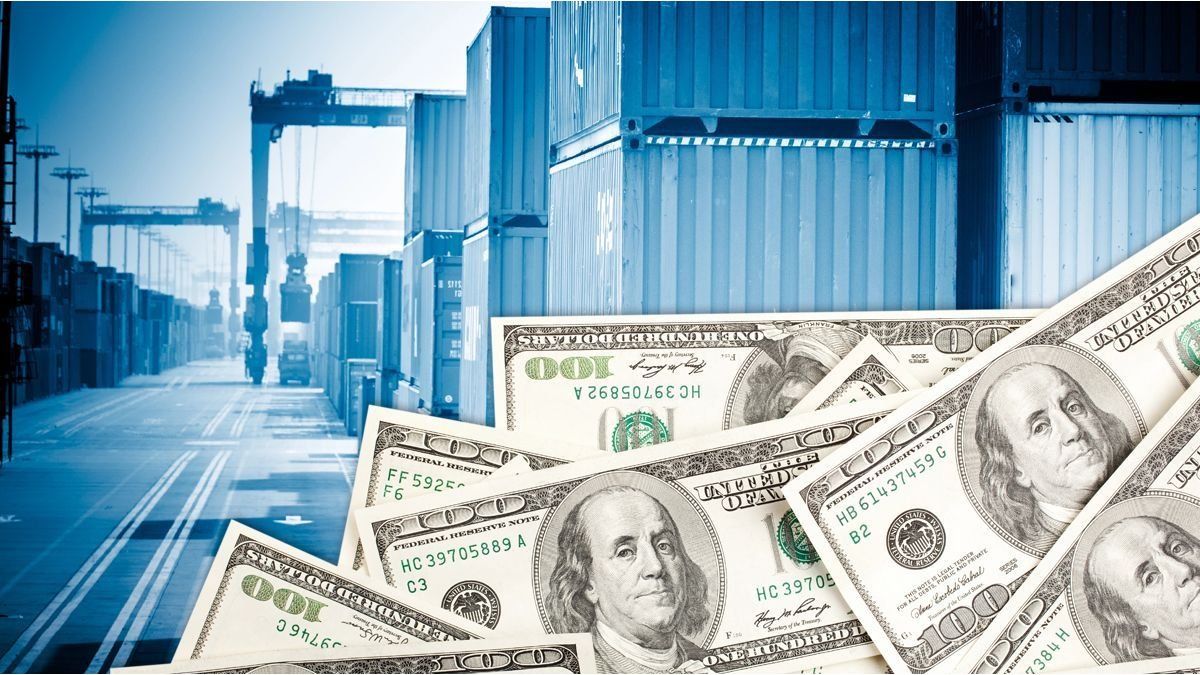The Government eliminated the COUNTRY tax, measure that became effective as of this Monday, although it left in force a 30% collection of Profits and Personal Assets for expenses in dollars with a card. This decision will impact services, tourism and purchases made outside the country and will have an impact on foreign trade and will also influence reserves – given that there will be a greater demand for foreign currency – and revenue collection.
And, on the one hand, It will be cheaper to travel abroad, as well as use the card to make other types of consumption quoted in foreign currency and that will generate more demand for the reserves of the Central Bank (BCRA).which are in negative territory (the net ones). On the other hand, there will be more foreign exchange traction to pay for imports, since it will be less expensive to bring products from abroad. Likewise, for the Government, it will be a challenge to replace this source of income to the treasury, since this tax represented 10% of the collection.
Implications for foreign trade
In conversation with Scope, Federico Vaccarezza said that this change particularly benefits the foreign tradebecause both “the exchange rate and the country tax are two openly anti-competitive and distorting measures,” he expressed.
“At least progress has been made in the elimination of a very harmful measure such as the COUNTRY Tax, now we have to lift the trap and see if little by little we become normal,” he told this medium.
For this expert, The export and import dollar cannot have different values“that doesn’t happen anywhere in the world and it is really very bad for economic development.”
Consequences for the dollar
In this regard, Piedad Ortiz, Chief Economist of Wise Capitalexpressed: “We see the exchange rate strategy that they are using as very positive. We see that the gap is decreasing. That the COUNTRY Tax is going to be dismantled. Practically, andThe exporting dollar is a utopia because the dollars are quite homogenized. “So, we see that this trap has been lifted little by little without us realizing it.”
For its part, since Aurum Values described how the dynamics of stock market exchange rates have been: “The Government continues to have discretion to intervene in the market and help improve the result of the carry.
But they expanded that, considering what is happening in Brazil, the possibility that ‘carry’ positions are being closed at the end of the year, the seasonal increase in demand for dollars and the impact that the disappearance of the PAIS Tax could have next week“we do not rule out that it remains something dispensable and act only for avoid sharp climbs in the financial dollar market following the trend”.
Effect on collection
The PAIS Tax represented 10% of the total collection. In five years of validity he left a contribution to the treasury of something more than US$17.3 billion, the equivalent of 3% of the Gross Domestic Product (GDP). It was an important tool for increase the collection during the first year of Javier Milei’s government, a period marked by a drop in income for the treasury. With the end of its validity, the impact on collections will begin to be felt.
“The impact on the treasury’s results has been felt since the beginning of December,” says economist Sebastián Menescaldi, from Eco Go. And he emphasizes that this is a hard blow for the Government, due to the contribution it meant. And, according to the Argentine Institute of Fiscal Analysis (IARAF), this year contributed 1.1% of GDP. In 2020, which was the first year of its application, left 0.5%; in 2021, 0.24%; 2022, 0.42% and in 2023, 0.80% of GDP.
Between January and November of this year, According to the ARCA tax collection form, tax generated $6.16 billion. Last month it contributed $389.4 billion. The Government hopes that a recovery in activity will help to resolve the impact of the end of this tax on collection.
“It is assumed that it could have an impact on 1.4%/1.5% of GDP collection, although we would have to be cautious that if there is a greater amount of imports it could be higher given that the state would collect less taxes beyond the VAT, which could reach 1.8% It is also true that if the economy grows, we could have an increase in collections in VAT, Profits, social security, check tax and something else due to the fuel tax, for example.” , explains the economist Federico Glustein.
Impact on reserves
Regarding reservations, It is expected in the future that there may be a negative impact due to greater demand for foreign currency. Although Glustein indicates that, “for the moment, I do not see a significant change because there is still a large gap between the import dollar and CCL,” he indicates that we could calculate a slight pressure on reserves. “I don’t want to venture details, but a drop of 3/4% could occur during the year,” he points out.
Source: Ambito
I am Pierce Boyd, a driven and ambitious professional working in the news industry. I have been writing for 24 Hours Worlds for over five years, specializing in sports section coverage. During my tenure at the publication, I have built an impressive portfolio of articles that has earned me a reputation as an experienced journalist and content creator.




